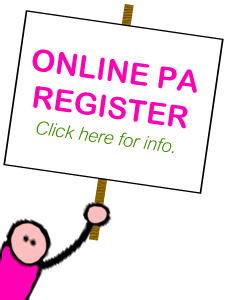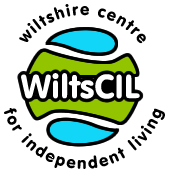Independent Living General Information
Independent Living as defined by Disabled People
Many people believe that independence is about doing everything for oneself, and that because disabled people often need assistance in their everyday lives, they cannot be independent. Disabled people challenge this assumption. We say that no-one lives isolated from the rest of the world – we all depend on others, which is the reason we live as a society. It is this fundamental understanding that gave birth to the Independent Living Movement.
If disabled people have the finance and support needed to employ their own staff, they can control how and when the assistance they need is provided – allowing them to lead the lifestyle of their choice.
In order to achieve independent living, disabled people need:
- Information to enable choices to be made
- Counselling and advocacy to help make those choices
- Accessible housing
- Technical aids or enabling equipment
- Personal assistance when needed
- Accessible transport
- Access to all public buildings and amenities
The Social Model of Disability
The Independent Living Movement endorses this model, which holds that disabled people are disabled by society rather than their own impairments.
- Access to all public buildings, community facilities and medical services
- Trains and buses made accessible to wheelchairs
- Equal employment opportunities for disabled people, whatever their care assistance needs
- Information always delivered in a range of formats – large print, audio, electronic etc.
- Use of appropriate language that disabled are comfortable with
- Not making assumptions about people because of their impairments
Wiltshire CIL fully subscribes to the Social Model of Disability in all of its work.


